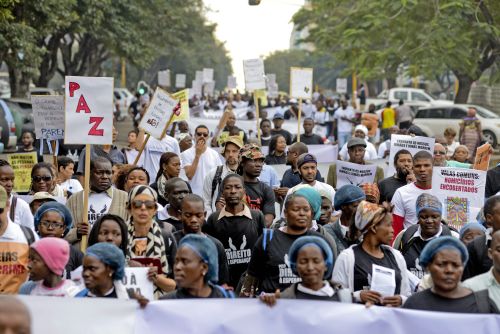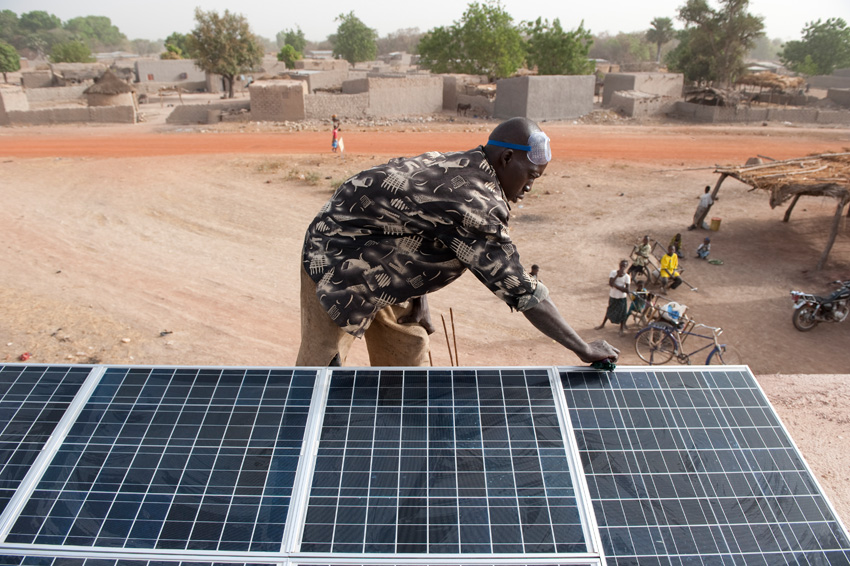Comment
UN reform: less visions, more diplomacy
to move on from the current stand-still, he should attempt smaller, more pragmatic reforms than did his predecessor Kofi Annan.
[ By Johannes Varwick ]
Kofi Annan’s legacy is ambivalent. The catchphrases likely to remain with us after his ten years in office are indeed varied: Millennium Development Goals, Iraq war, ‘responsibility to protect’ and stalled UN reform. Annan’s report card is somewhat modest when seen by the cold light of day. Nevertheless, his successor must prepare for hard times when being compared with Annan and, in particular, his image as the friendly “Sisyphus on the East River”.
In Ban Ki Moon, a realistic diplomat has taken over from Annan, the global pilot. Unlike Annan, who worked his way up through the ranks of the UN, Moon does not know the UN from the inside, but, as a former foreign minister of South Korea, he knows it from the outside. This should not be a disadvantage for the global organisation. Annan was always active and often over-ambitious. To judge by what has happened so far in Ban Ki Moon’s still infant term, the new secretary-general is more in favour of consolidating, coordinating and implementing what is resolved by the member states’ consensus. “Less talk – more action” could become the motto for his term.
On many fronts, Annan – with best intentions and brilliant intellect – was relentlessly pushing UN members on. This was especially true of UN reform, which is still a high priority. Annan’s ploy to mark the UN’s 60th anniversary with encompassing reform quite obviously did not work out: neither was the Security Council reformed, nor was a credible alternative to the discredited human rights commission created. And the new UN peacekeeping commission must yet prove its worth.
In terms of substance, Ban’s agenda for UN reform looks a lot like it came directly from Washington. The strategic changes he outlined when taking office read like they were taken directly from US State Department papers. Ban wants internal reforms for the Secretariat; he calls for better transparency, accountability and efficiency as well as tighter financial controls; he promises to eliminate the duplication and misuse of funds within the individual UN programmes, specialist institutions and special organs.
In January, the US media reported that the UN Development Programme (UNDP) had been allowing money to flow to the North Korean government without monitoring its use. Ban responded immediately, announcing that the work of all UN agencies would be monitored by independent auditors in future. That does not imply any weakening of developing countries. To the contrary, it should also serve the interests of the G77 to make the UN work more efficiently.
However, Ban has to do everything to encourage the G77 countries. The UN must remain a forum for all governments, allowing space for different perspectives and paying attention to those countries that do not command the rich nations’ means for making themselves heard. Ban should not attempt to circumvent established UN decision procedures when striving for reforms – and that is what developing countries accused him of in January with regard to his plans for restructuring the peacekeeping and disarmament departments. In this case too, the new Secretary-General responded immediately, assuring the representatives of the G77 that every UN member, however small or poor, has the right to express its views and be listened to.
Ban Ki Moon should abandon all high-flying reform initiatives and realistically strive for progress in the fields where agreement is possible. There are only few such fields, given that the UN has 192 member states with extremely different interests and preferences. Quite likely, Ban is looking at these matters more realistically than Annan did.










